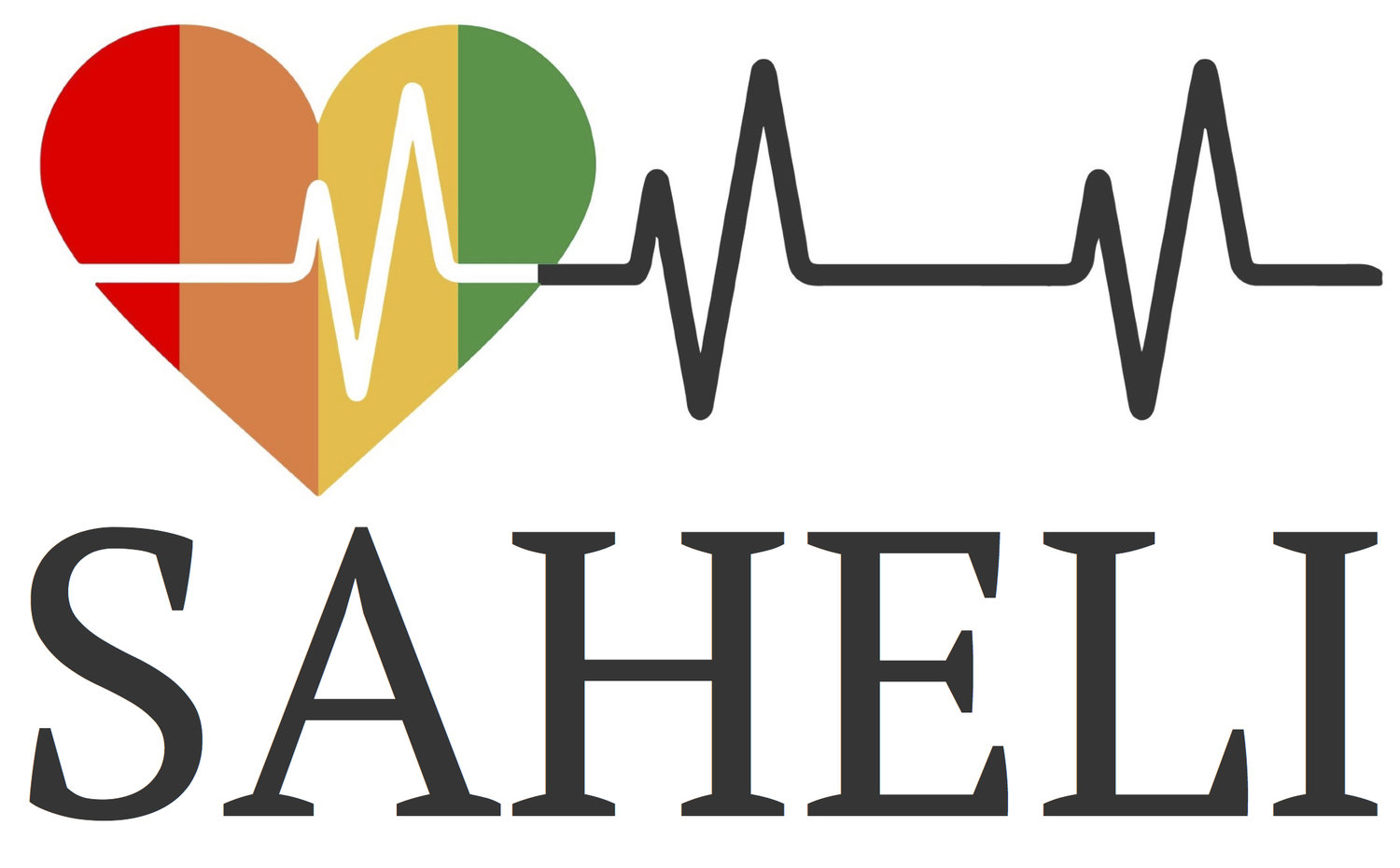What is your academic background and current affiliation?
My background includes a BS in Biochemistry and a BS in Neurobiology and Physiology from Purdue University. I’m currently an MD student in my third year at Northwestern University Feinberg School of Medicine.
What are your current research interests?
I’m currently interested in the impact of South Asian identity on cardiovascular health among South Asian immigrants living in the US.
What excites you about your research field?
As an immigrant myself, I grew up watching friends and family members develop radically different ideas of what it meant to be South Asian. This field interests me because it’s constantly changing; as socioeconomic conditions, the political landscape, and technology change, the way people develop identity does as well.
What are two important take-home points from your research?
Traditional models of immigrant identity development do not reflect the experience of South Asians, the fastest growing immigrant group in the US. Additionally, South Asian identity does seem to have modest impact on cardiovascular health.
How does you work support community priorities and health equity?
South Asians experience a disproportionately high burden of cardiovascular disease, but little is known about how or why. Our work explores unconventional albeit culturally significant explanations.
How did you identify your mentor?
Dr. Namratha Kandula, MD, gave a lecture on South Asian cardiovascular health during my first year of medical school. It piqued my interest, and I reached out!
What is the most valuable piece of advice you have received from a mentor?
I think the most important piece of advice I’ve received is to be specific in what you intend to do, whether it’s a hypothesis, experimental design, etc.
What are key tips and tricks to maintaining "mentor-mentee" relationships from your experience?
In my opinion, the most important thing is to try and set regular meetings if possible. It facilitates good communication and helps set progress goals, check-ins, etc.
What is your favorite thing to do when you are not working?
Recurve archery! It’s a challenging hobby and has a bit of a learning curve, but it’s also very rewarding.

